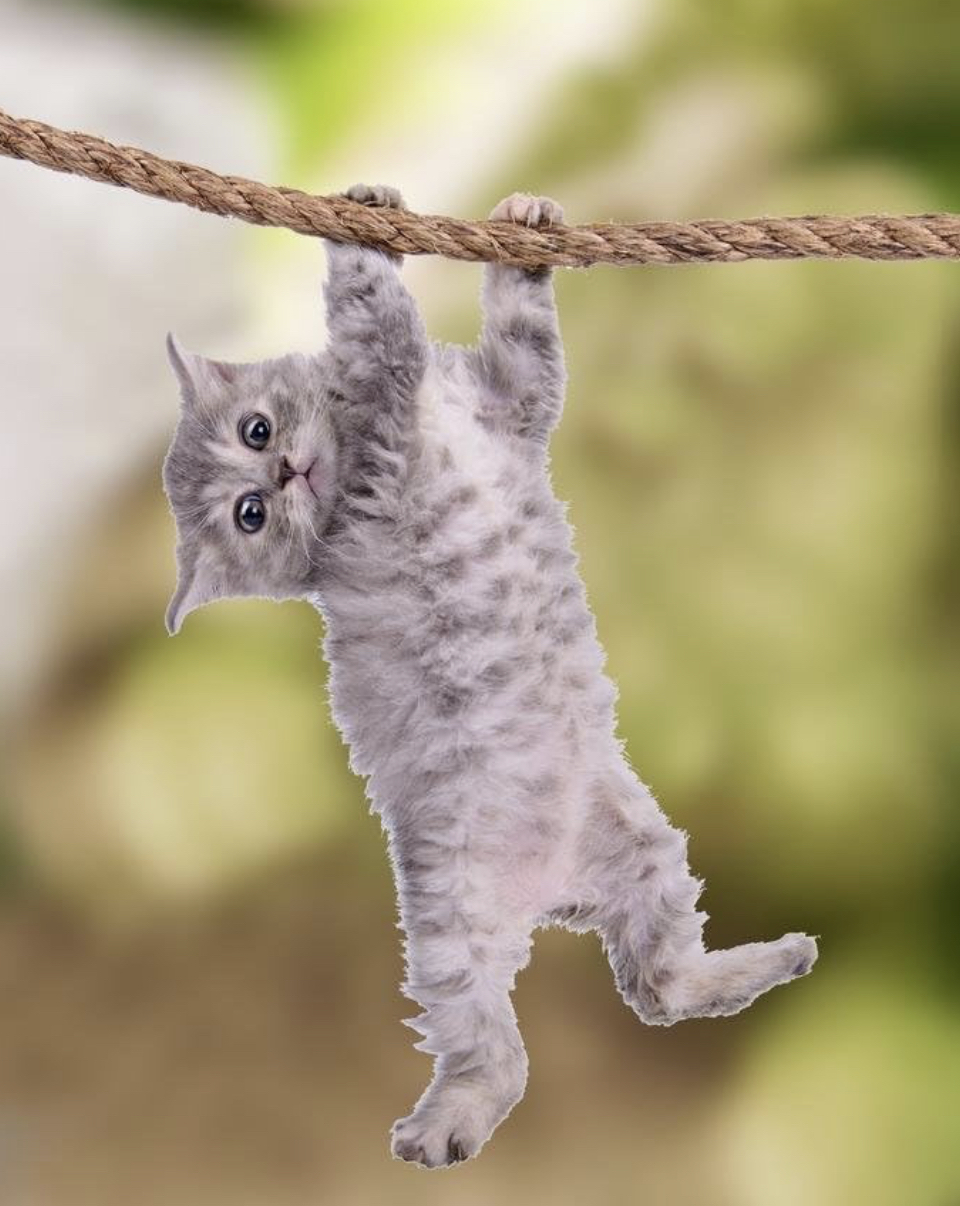

-
america probably would have been invaded by now if it didn’t have nukes
-
“[country] would have been invaded if not for nukes” isn’t a good enough argument to support the continued existence of nukes
like sure it’s cool if the DPRK having nukes puts the u.s. off from invading them but i would rather nobody have nukes if that fantasy were something that could be made possible
i wouldn’t be surprised if the collective psychological effect of the world existing in this way were comparable to fucking leaded gasoline, being under a constant baseline anxiety of annihilation is not good for the brain









GENDER UPDATE: the two new genders have been established
idk which i am though, i’m not bald, but i don’t have a bun… i guess i’ll go with bun